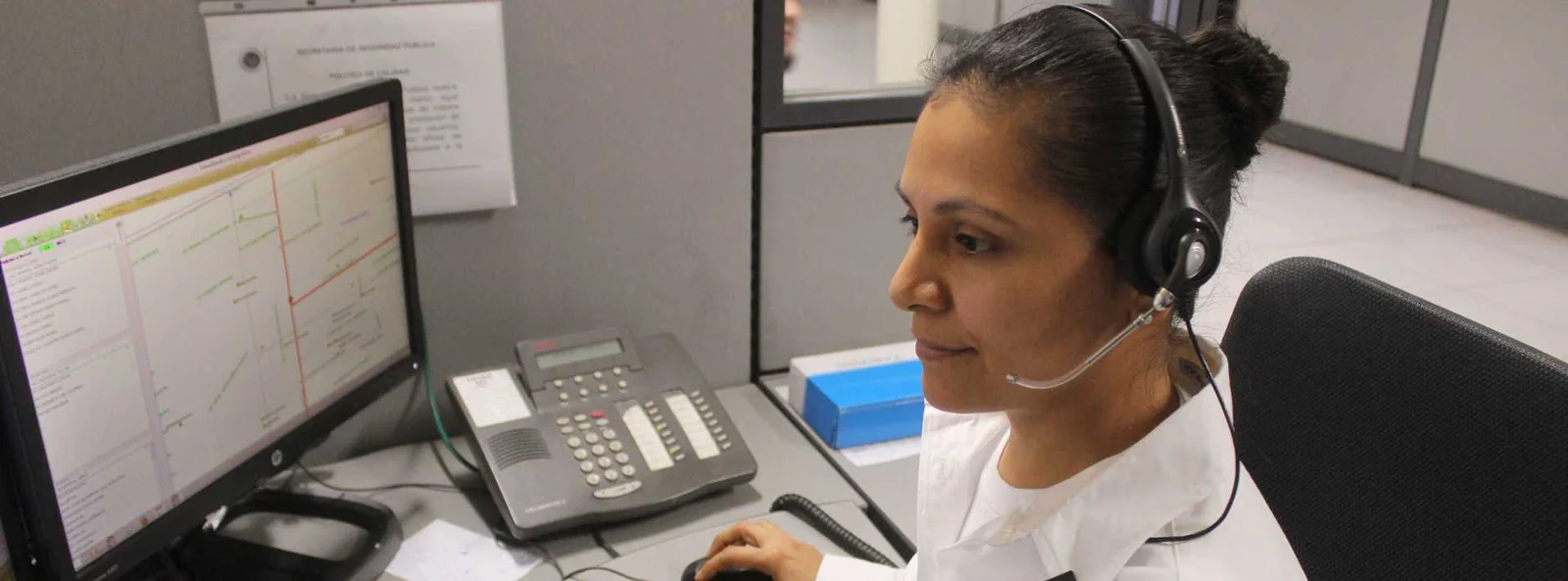
Switching careers can be challenging, especially when competing against candidates who are already established in your target industry. However, a well-crafted resume can help you capture the attention of hiring managers and give you an edge. Here are some tips to help you create an impressive resume for a successful career change:
Research Your Target Industry
Before you start writing your resume, research the new industry thoroughly. Understand the skills and competencies that are in demand and familiarize yourself with industry jargon. Reading industry publications and following relevant online forums can provide valuable insights.
Choose the Right Resume Format
Selecting the appropriate resume format is crucial. If your new career is similar to your previous one, a chronological format works well. However, if you’re moving to a completely different field, consider using a functional resume that highlights your skills rather than your work history. A combination of both formats can also be effective, with the first page focusing on skills and accomplishments, and the second page detailing your work history.
Focus on Relevant Skills
Identify and highlight the skills that are most relevant to your new career. Many skills, such as leadership, communication, and problem-solving, are transferable across various industries. Tailor your resume to emphasize these relevant skills and experiences.
Include Industry-Specific Keywords
Incorporate keywords from your target industry to make your resume more searchable in applicant tracking systems. Place these keywords in the summary section, as well as in sections like strengths, capabilities, and professional qualifications.
Emphasize Non-Work Related Achievements
Showcase any relevant volunteer work, internships, part-time jobs, or extracurricular activities that allowed you to develop skills pertinent to your new career. Be specific and only include information that aligns with your new career goals.
Quantify Your Success
Demonstrate your past successes with quantifiable achievements. Use numbers and names of prominent industry figures where possible to show that you have been recognized for your contributions. This helps build credibility, especially when you lack direct experience in the new field.
Tailor Each Resume
Remember, there are no strict rules for writing a career-change resume. Tailor each resume to the specific job you’re applying for, ensuring it highlights your past experiences in a way that’s relevant to your current career goals.
By following these tips, you can create a resume that effectively communicates your value to potential employers, helping you make a successful career transition. Good luck with your job search!

